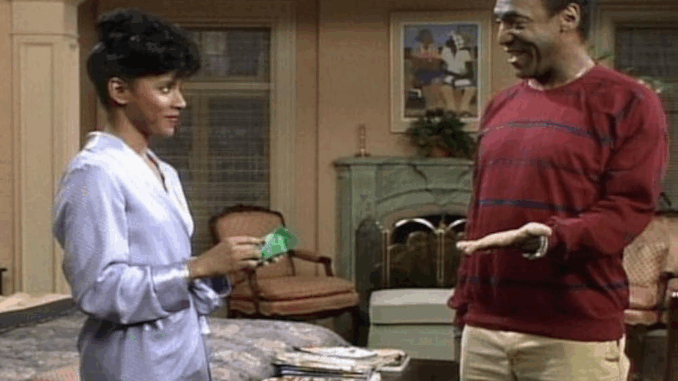
In the rich timeline of American television, few shows have left as profound a mark as The Cosby Show. From its pioneering representation of Black family life to its role in reviving a struggling network, the series remains a cornerstone in the evolution of the American sitcom.
As television continues to evolve with streaming platforms and on-demand culture, revisiting the influence of The Cosby Show offers valuable insight into how sitcoms can shift cultural paradigms and shape national conversations.
Redefining the American Sitcom Formula
When The Cosby Show debuted in 1984, it defied the prevailing norms of sitcom storytelling. Unlike slapstick-heavy or issue-based comedies of the time, it introduced a more grounded, character-driven approach focused on everyday family dynamics.
The writing emphasized realism with warmth, and the conflicts were often moral or generational rather than exaggerated. This model inspired a wave of family-focused sitcoms that followed in the late ’80s and early ’90s.
NBC’s Ratings Revival: A Strategic Win
At the time of its premiere, NBC was lagging behind its competitors in primetime ratings. The Cosby Show changed that almost overnight. It quickly became the highest-rated show on television, reaching the top spot for five seasons straight.
Its success not only transformed NBC’s reputation but also proved that shows with predominantly Black casts could dominate mainstream viewership—a groundbreaking achievement in a predominantly white industry.
Universal Themes, Specific Voices
Although the show centered on a Black family, its themes were universally relatable: parenting challenges, sibling rivalry, personal growth, and love. That universality, combined with the specificity of the Huxtables’ cultural identity, made the series both accessible and trailblazing.
The inclusion of jazz music, African art, and HBCU apparel created a cultural mosaic that celebrated Black excellence without making it the subject of a “very special episode.” It was representation without apology.
Behind the Scenes: A New Model for Sitcom Production
The Cosby Show also influenced the way sitcoms were produced. Filmed in front of a live studio audience, the show emphasized performance and timing over heavy editing. It also embraced writer diversity and creative freedom, allowing its cast to contribute to character development and comedic timing.
Its success led to a spin-off, A Different World, and indirectly birthed a renaissance of Black-led sitcoms, including Martin, Living Single, and The Bernie Mac Show.
Controversy and Critical Reassessment
In recent years, public discourse around The Cosby Show has shifted due to the serious criminal allegations and conviction against its creator and lead actor, Bill Cosby. This has led to a critical reassessment of how we view the show’s legacy.
While some argue the series should be retired from public rotation, others contend that its cultural value transcends the actions of one individual. It’s a dilemma increasingly faced in entertainment: how to separate the art from the artist.
Conclusion: The Blueprint for Impactful Storytelling
Even amid controversy, The Cosby Show remains a blueprint for what television can achieve—both commercially and culturally. It balanced humor and heart, diversity and universality, and set a new standard for sitcoms across decades.
For current and future content creators, the show’s legacy serves as both inspiration and caution: powerful stories can shape culture, but those stories are always part of a larger, more complex narrative.